Deaths linked to antibiotic-resistant superbugs rose 17% in England in 2024

The number of deaths linked to superbugs that do not respond to frontline antibiotics increased by 17% in England last year, according to official figures that raise concerns about the ongoing increase in antimicrobial resistance.The figures, released by the UK Health Security Agency, also revealed a large rise in private prescriptions for antibiotics, with 22% dispensed through the private sector in 2024.The increase in private prescribing is partly explained by the Pharmacy First scheme, a flagship policy of Rishi Sunak’s government that allows patients to be prescribed antibiotics for common illnesses without seeing a GP, raising questions about whether the shift in prescribing patterns risks contributing to the rise in resistance.“Antibiotic resistance is one of the greatest health threats we face,” said the UKHSA’s chief executive, Prof Susan Hopkins.“More people than ever are acquiring infections that cannot be effectively treated by antibiotics.
This puts them at greater risk of serious illness and even death, with our poorest communities hit the hardest,”The emergence of drug-resistant strains is an inevitable consequence of natural selection,Whenever the drugs are used they wipe out some bugs, but any survivors multiply and are transmitted,Limiting the use of antibiotics to when they are most needed is one of the most effective ways of combatting the spread of resistance, which it has been predicted could cause as many as 10 million deaths a year globally by 2050,The latest surveillance data found that the number of antibiotic-resistant infections in 2024 equated to an average of nearly 400 newly reported cases a week.
Cases of bacteraemia caused by antibiotic-resistance - a life-threatening infection where bacteria circulate in the blood - rose from 18,740 in 2023 to 20,484 in 2024, a 9.3% increase.The estimated number of deaths in people with a resistant infection rose from 2,041 in 2023 to 2,379 in 2024, a 17% increase.Antibiotic use in NHS primary care decreased between 2019 and 2024, while private dispensing in community pharmacies more than doubled.Overall primary care antibiotic use across the NHS and private sector rose by 10.
7% over the five-year period.“It’s positive that we’ve seen antibiotic use fall in England within the NHS but we need to go further, faster,” said Hopkins.“Please remember to only take antibiotics if you have been told to do so by a healthcare professional.Do not save some for later or share them with friends and family.If you have leftover antibiotics, please bring them to a pharmacy for appropriate disposal.
”Sign up to First EditionOur morning email breaks down the key stories of the day, telling you what’s happening and why it mattersafter newsletter promotionThe UKHSA data gives insights into the Pharmacy First scheme, which is designed to free up GPs to deal with more complex health problems.It allows seven common conditions including earache, sinusitis, a sore throat, infected insect bites and shingles to be treated at pharmacies, which were found to supply antibiotics in 45% to 85% of consultations depending on the condition being treated.“While the increase in antibiotic supply through the Pharmacy First service is notable, it should be interpreted with caution and in the context of broader changes in how patients access care,” the UKHSA report concluded.The service followed established Nice guidance on appropriate prescribing, it said.

Keir clubs himself with the lead pipe in a Downing Street game of No Cluedo | John Crace
It’s the worst game of Cluedo in town. Four players dealt a hand of cards. Without turning them over, player one makes the first guess. “Just one question. Does the suspect wear glasses?” he asks
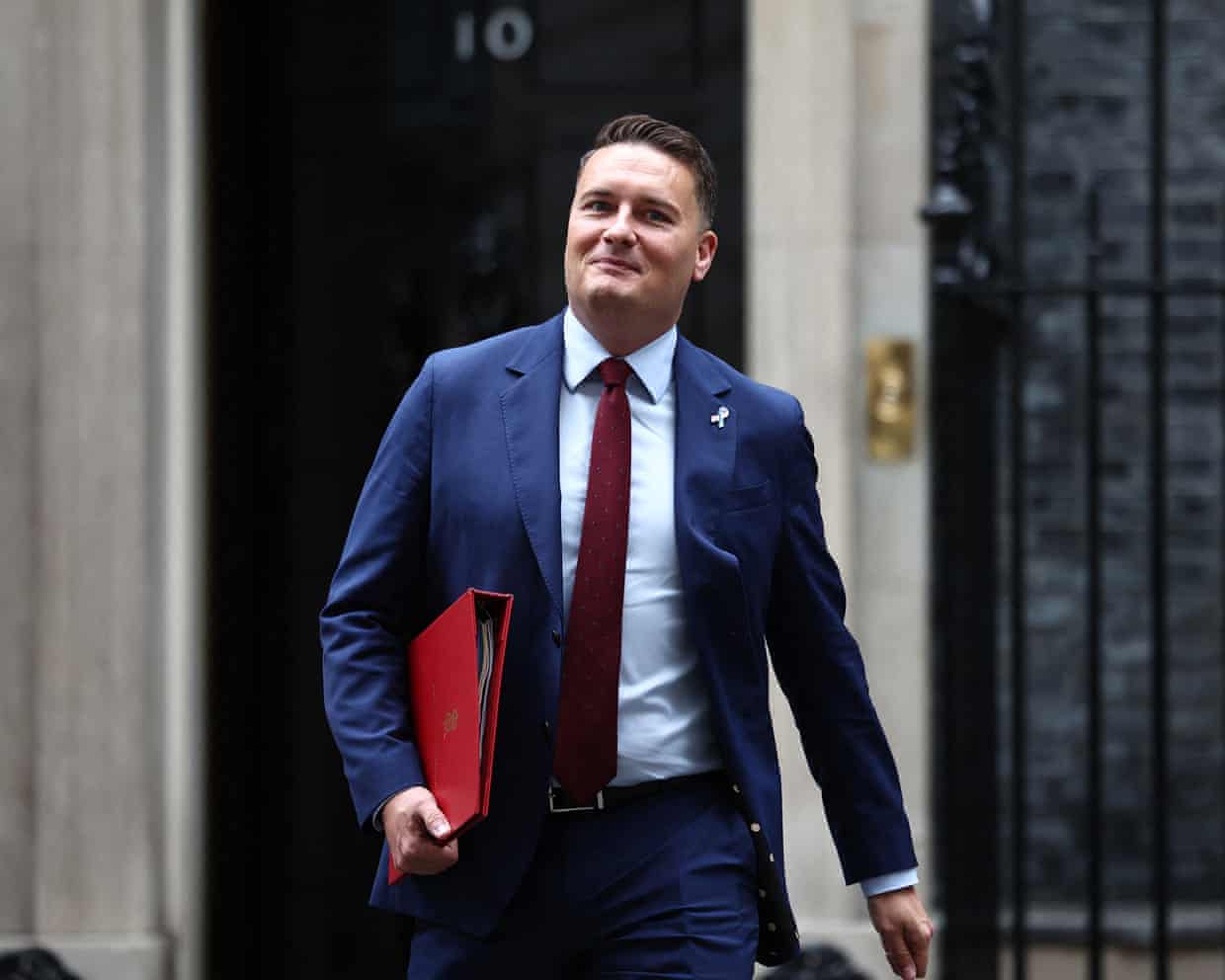
Why some in No 10 think Wes Streeting is plotting to become prime minister
A clip from a 2018 comedy show has been circulating in Westminster – and it neatly explains why the spotlight landed on Wes Streeting when No 10 launched its preemptive strikes against potential leadership candidates.It features a number of fresh-faced politicians – from Jess Phillips to Johnny Mercer – who are asked who will be prime minister in 10 years. Several Labour MPs dutifully say the then-leader Jeremy Corbyn. Tim Loughton, a former Tory MP, predicts Kemi Badenoch. The final clip is Wes Streeting, who smiles and says: “I think it will probably be me
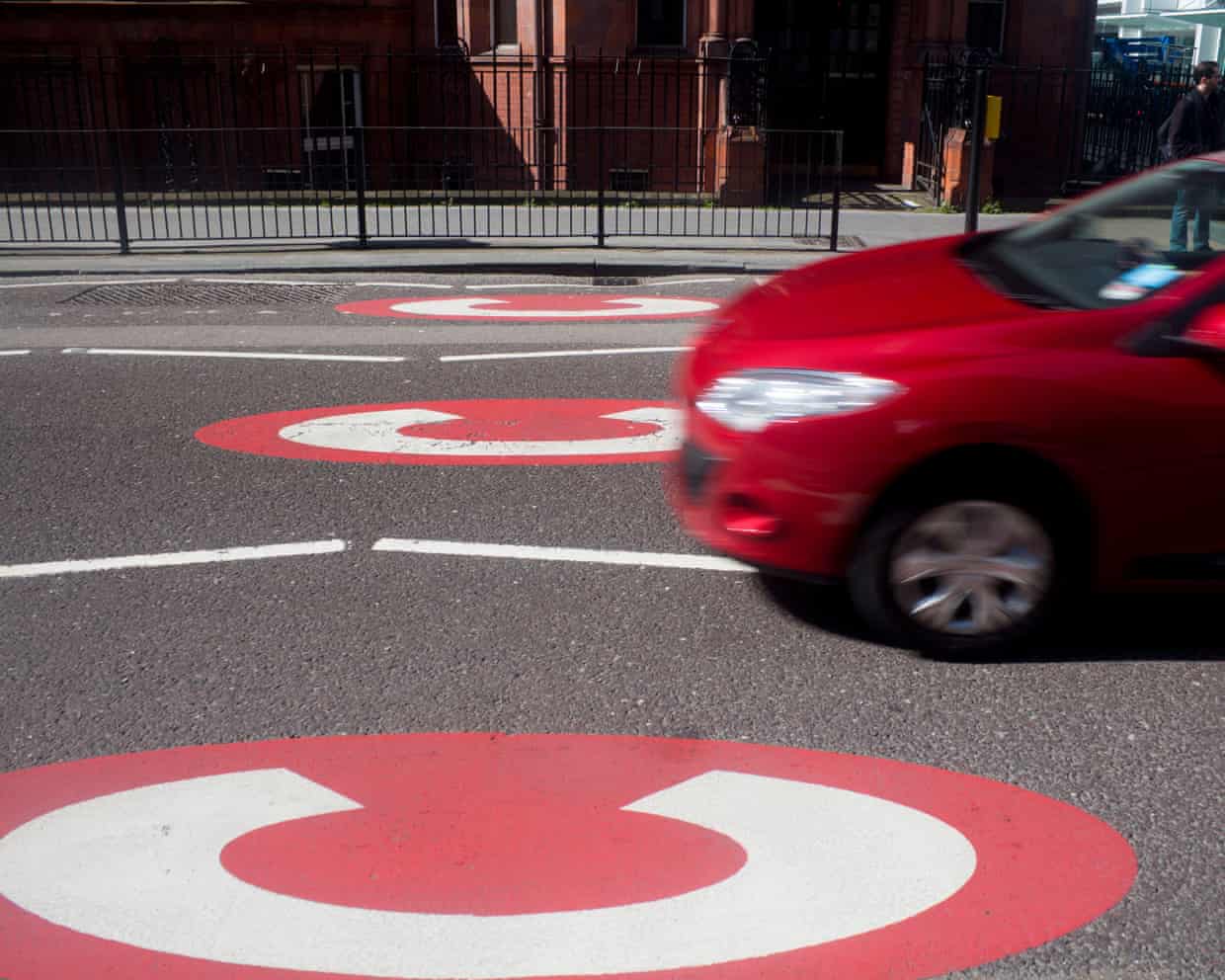
London congestion charge to rise to £18 – and electric vehicles will have to pay
London’s congestion charge will rise by 20% in January from £15 to £18 and electric vehicle drivers will be liable to pay to enter the heart of the capital for the first time.EVs will no longer be exempt from the levy, Transport for London said, but will pay a lower rate. Electric car drivers will get a 25% discount, paying £13.50 a day, while electric vans and HGVs will pay £9 – 50% of the full charge.Motoring groups criticised the changes as a backward step

If No 10 briefer is found Keir Starmer will sack them, Miliband says
Ed Miliband has said he is certain Keir Starmer will sack whoever briefed against Wes Streeting, after a chaotic 48 hours in which No 10 launched an operation to shore up the prime minister against an anticipated leadership challenge.The prime minister apologised to the health secretary in a phone call with him late on Wednesday. Starmer is facing mounting calls to sack his chief of staff, Morgan McSweeney, over the row.The Guardian reported that in private meetings with MPs on Wednesday, the prime minister stood by McSweeney and would not directly commit to any consequences for those who had briefed the newspapers.Starmer spoke to senior Downing Street staff on Thursday morning to stress that “briefings against cabinet ministers are completely unacceptable”, his deputy spokesperson said
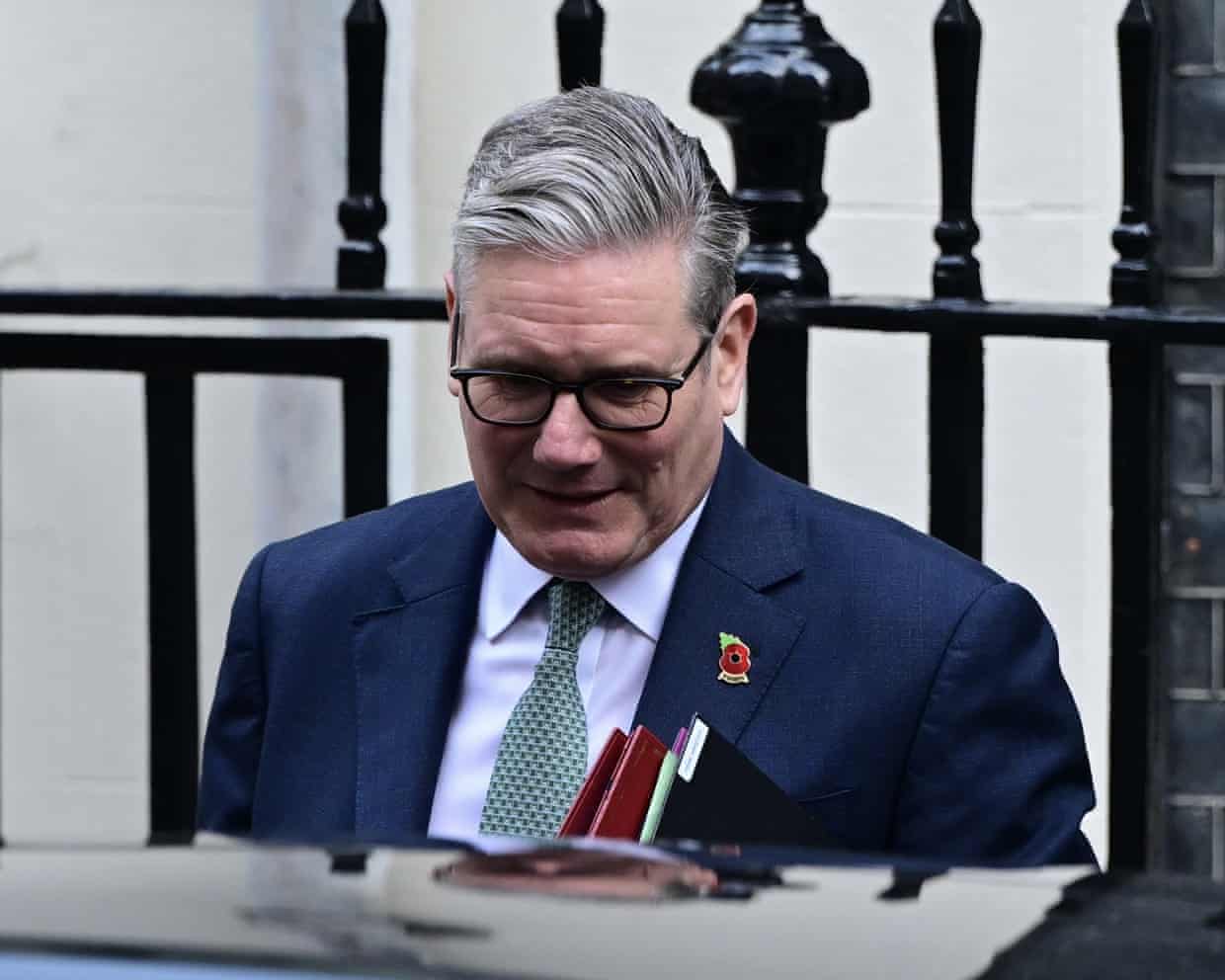
Labour faces questions over Starmer aide who holds shares in lobbying firm
No 10 is facing calls for an investigation into whether Keir Starmer’s communications chief should be allowed to hold shares in a lobbying firm and discuss politics with one of its consultants.Tim Allan, who is one of Starmer’s most senior aides, has a minority stake in Strand Partners, which critics claim could give rise to a perception of a conflict of interest.Allan does not gain any financial benefit from Strand while he is in No 10 but he has not sold his shares in the firm, whose clients include the British Horseracing Authority, the energy companies Ovo Energy and Cadent Gas, and Netflix.He is also friends with Tom Baldwin, a journalist, biographer of Starmer and former Labour adviser, who is a senior consultant for Strand Partners.The relationship was first reported by Sky News, which said multiple sources had told the news organisation that Allan and Baldwin have discussed politics since the communications chief joined No 10
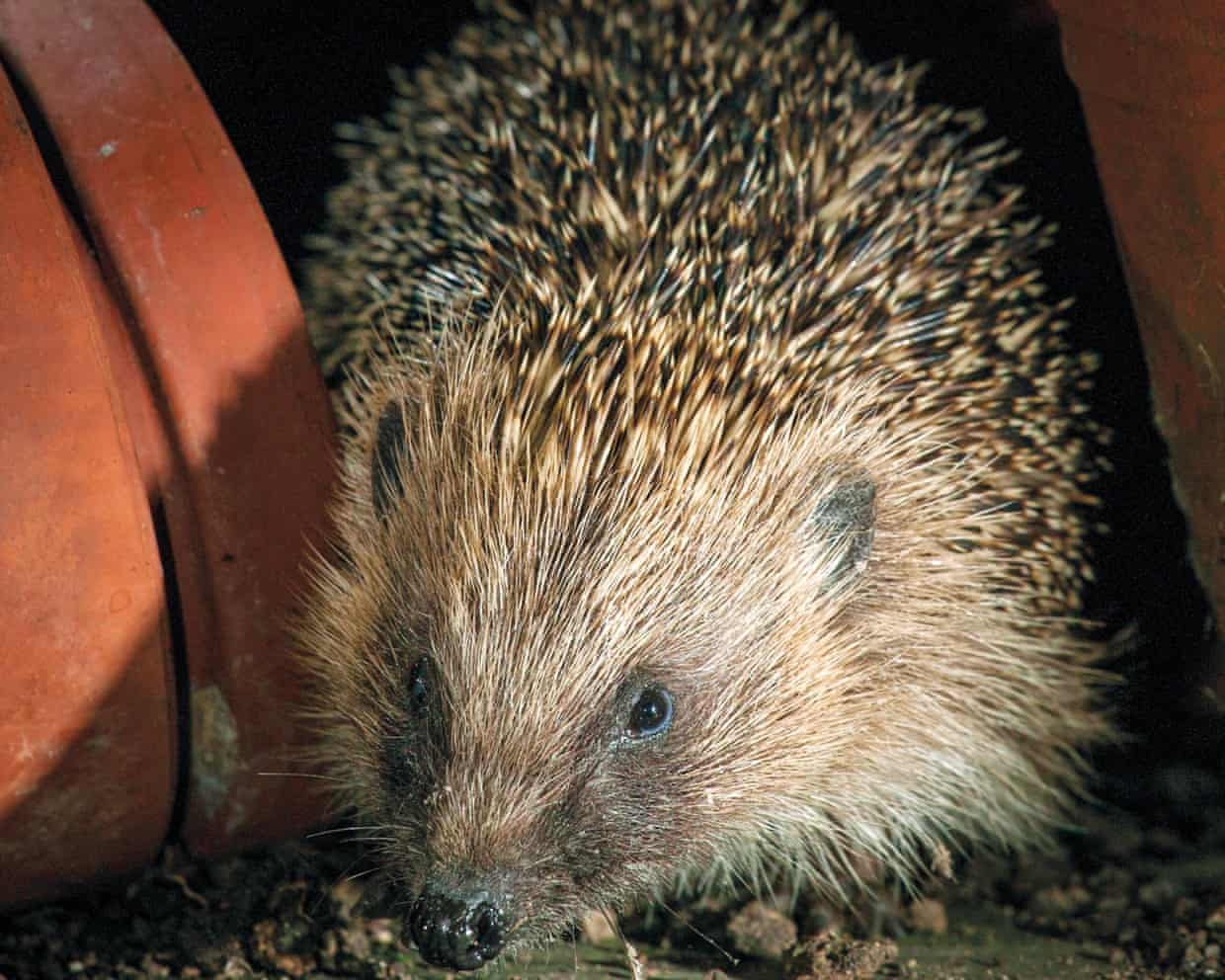
Housing secretary tells Labour MPs to vote down planning bill amendment
Housing secretary Steve Reed has told Labour MPs to vote down an amendment to the new planning bill intended to protect British wildlife and its habitats from destruction.The amendment, which was passed with a large majority in the House of Lords, restricts the most controversial part of the draft bill by removing protected animals such as dormice, badgers, hedgehogs, otters and nightingales, and rare habitats such as wetlands and ancient woodlands, from new rules which allow developers to sidestep environmental laws to speed up house building.Under the draft legislation proposed by Labour, developers will be able to pay into a national “nature recovery fund” and go ahead with their project straight away, instead of having to carry out an environmental survey and to first avoid, then mitigate damage, before putting spades into the ground.Experts say this is a regression on decades-old environmental law and it has been criticised as “cash to trash” by ecologists and environmental groups.The Lords’ amendment would mean the nature recovery fund is restricted to impacts from water and air pollution, meaning developers would still have to take the usual measures to mitigate damage to wildlife and habitats

US markets struggle amid tech sell-off and economic uncertainty
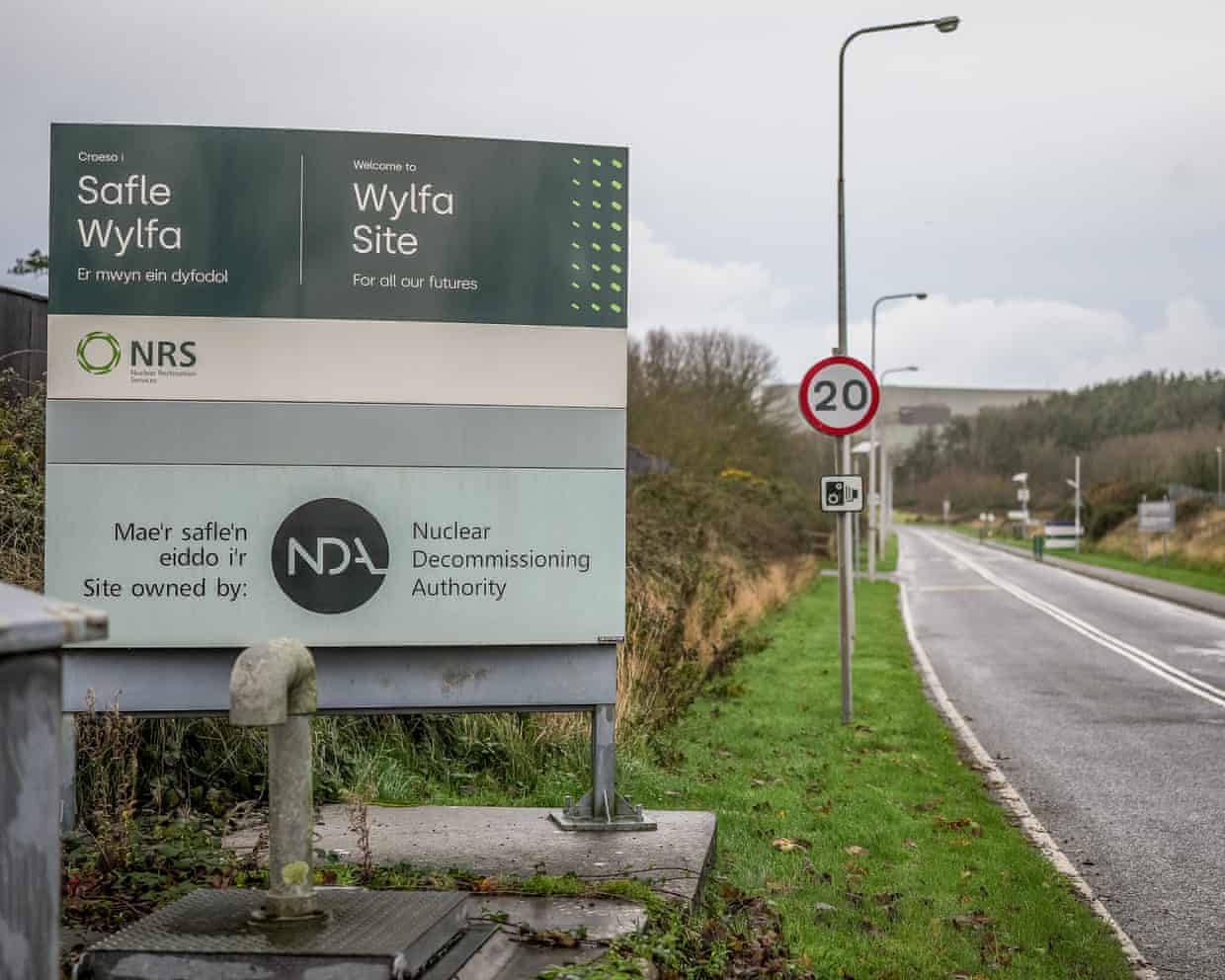
Atom is prematurely split in the ‘golden age’ transatlantic partnership | Nils Pratley

AI slop tops Billboard and Spotify charts as synthetic music spreads

UK firms can win a significant chunk of the AI chip market | John Browne
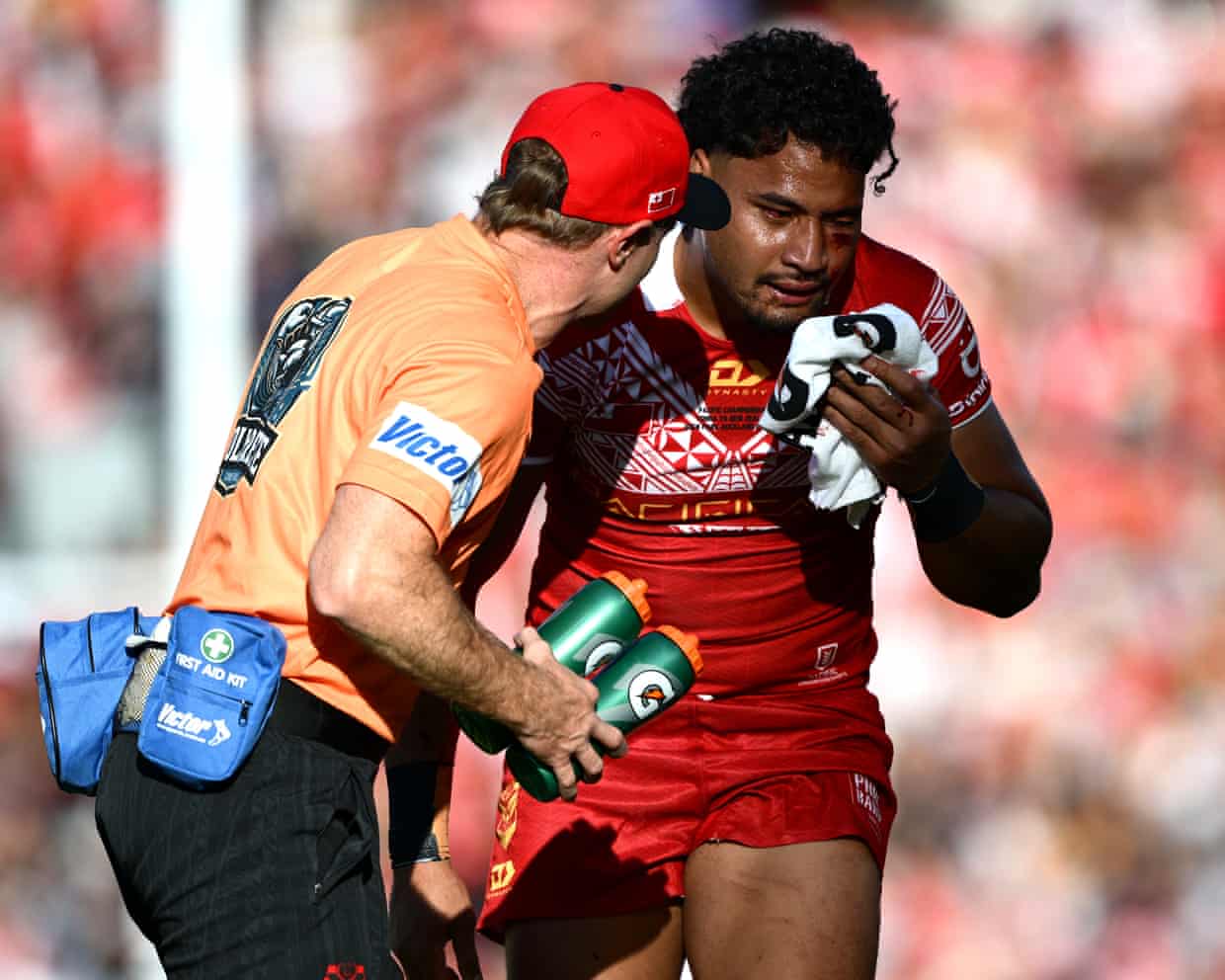
Eli Katoa’s playing future uncertain as recovery from head impacts, seizures and brain surgery continues

Donald Trump’s granddaughter Kai in last after 83 in shaky LPGA debut